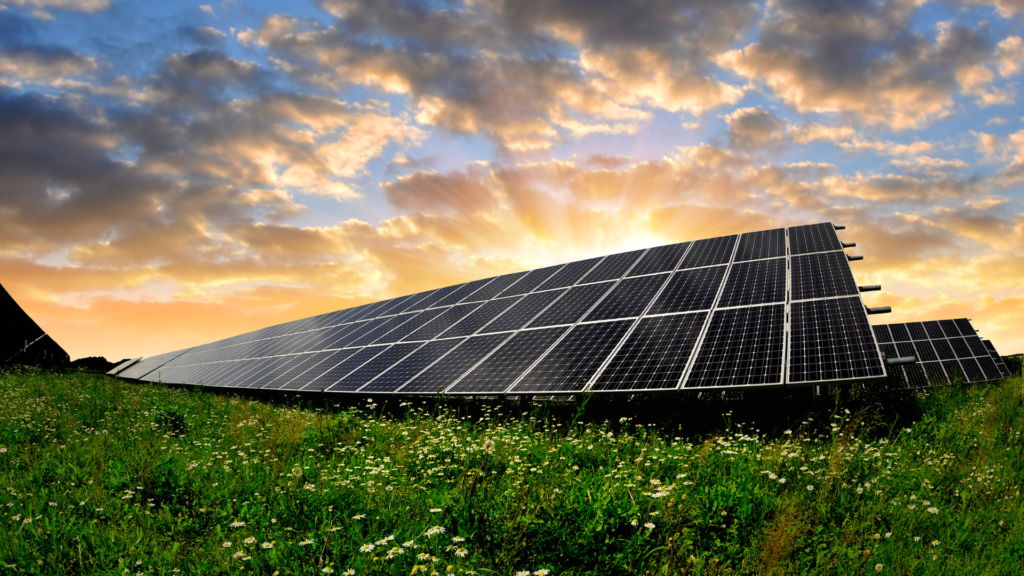
Africa’s vast and diverse energy resources have been thrust into the global spotlight, as concerns over energy security and sustainability intensify. Recent high-level discussions at the #EnergyStrategies conference organized by the NATO Defense College Foundation this past April mapped out the continent’s prospects for energy diversification, potential partnerships between the African Union (AU) and NATO, and the daunting challenges surrounding market integration.
While Africa is endowed with substantial fossil fuel reserves and renewable riches like solar, wind and largely untapped hydropower potential, many obstacles hinder fully leveraging these resources. Rampant instability, armed conflicts , debt crises, and chronic underinvestment plague many regions of the continent, with estimates suggesting $80-120 billion in annual financing is required merely to provide basic energy access.
As Russia sharpens its focus on North Africa and the Sahel region, new dialogue is bolstering pragmatic collaboration between the AU and NATO. Currently, cooperation centers on operational support, training programs and enhancing AU peacekeeping abilities. However, experts advocate for a more urgent NATO approach to effectively promote peace and stability to underpin sustainable energy development.
Integrating Africa’s fragmented energy markets is a towering $1.3 trillion challenge, according to the Africa-EU Energy Partnership. Attracting private capital and fostering pan-African economic cohesion could catalyze the massive investments needed to meet soaring energy demands through an integrated, low-emission model.
Robust partnerships, substantial financing and regional stability are critical for unlocking Africa’s immense energy potential. Overcoming obstacles and forging an integrated, resilient and climate-friendly African energy future will hinge on innovative solutions and enduring global commitments.
